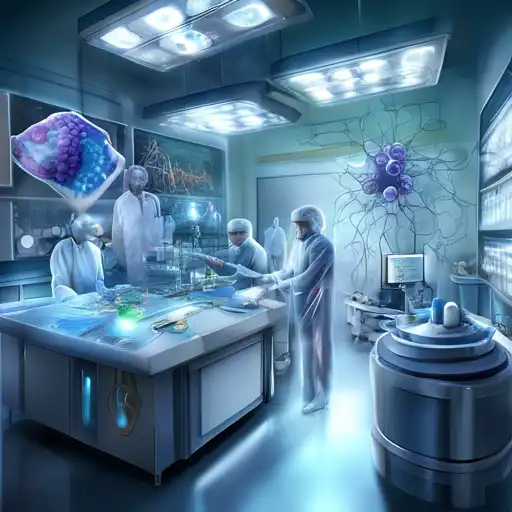Introduction to Nanotechnology in Medicine
Nanotechnology, the science of manipulating matter at the atomic and molecular scale, is set to revolutionize the medical field. With its ability to operate at the same scale as biological molecules, nanotechnology offers unprecedented opportunities for diagnosis, treatment, and prevention of diseases. This article explores the groundbreaking advancements and potential of nanotechnology in medicine.
The Promise of Nanomedicine
Nanomedicine, the application of nanotechnology in healthcare, promises to transform the way we approach disease treatment and prevention. From targeted drug delivery systems to nanorobots that can repair damaged tissues, the possibilities are endless. The precision and efficiency of nanomedicine could significantly reduce side effects and improve patient outcomes.
Current Applications of Nanotechnology in Medicine
Today, nanotechnology is already making waves in various medical fields. Some of the most notable applications include:
- Drug Delivery: Nanoparticles can deliver drugs directly to diseased cells, minimizing damage to healthy cells.
- Cancer Treatment: Nanotechnology is being used to develop more effective and less invasive cancer treatments.
- Diagnostic Tools: Nanosensors can detect diseases at their earliest stages, even before symptoms appear.
- Tissue Engineering: Nanomaterials are being used to create scaffolds that support the growth of new tissues.
Future Prospects
The future of nanotechnology in medicine is bright, with research focusing on developing nanorobots for precision surgery, smart pills for real-time monitoring, and even nanoscale vaccines. As technology advances, the integration of nanotechnology in medicine will become more prevalent, offering solutions to some of the most challenging medical problems.
Challenges and Ethical Considerations
Despite its potential, the widespread adoption of nanotechnology in medicine faces several challenges, including safety concerns, regulatory hurdles, and ethical issues. Ensuring the safe and equitable use of nanomedicine will be crucial as the technology evolves.
Conclusion
Nanotechnology in medicine represents a frontier of innovation with the potential to drastically improve healthcare outcomes. While challenges remain, the ongoing research and development in this field promise to unlock new possibilities for treating and preventing diseases. The future of medicine is nano, and it's closer than we think.
